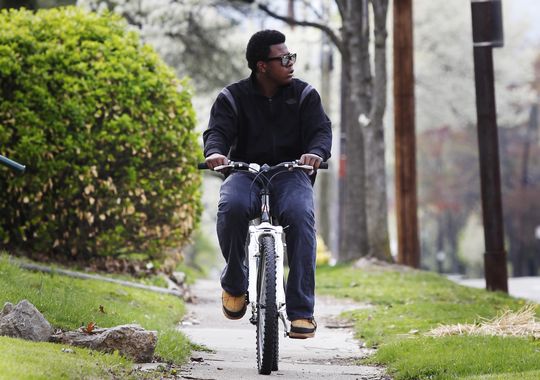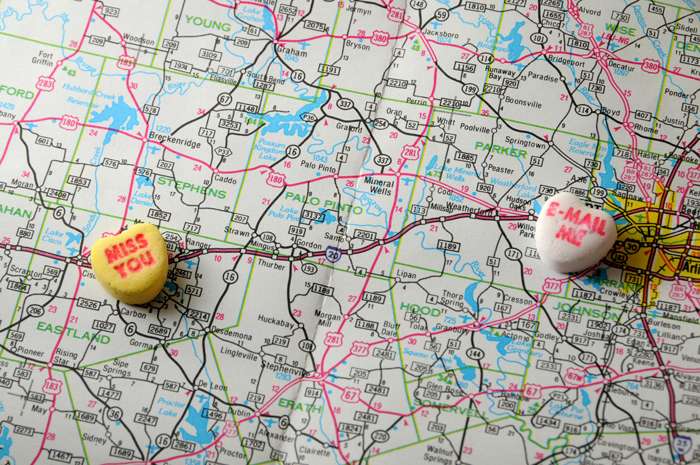14 x 14
/In social work and public health, there's a well-known parable (sometimes attributed to community organizer Saul Alinsky) that goes something like this: A group of friends are having a picnic by a river when suddenly they see someone caught in current, flailing down the river on the verge of drowning. Someone leaps up, jumps in, and brings the swimmer to safety. And then another drowning swimmer goes by. And another. Increasing numbers of struggling swimmers keep coming down the river, clearly in trouble, and the friends do their best to keep up in helping them to shore. All of the sudden, one friend gets up and takes off running along the riverbank.
"Where are you going?! We need you here!" his friends yell.
He responds, "I've gotta go find out why everyone's falling in!"
In that spirit of running upstream, a recent Cincinnati Enquirer piece caught my eye. After a string of deadly incidents in Cincinnati involving 14-year-olds as both victims and perpetrators, journalists Krista Ramsey and Cara Owsley turned their attention to understanding more about what it means to be 14 in Cincinnati. The resulting longform article is a heartbreaking and illuminating and educating look at life from the perspective of fourteen 14-year-olds from the area.
Photo credit: The Enquirer/Cara Owsley
As the article's preface notes, "In some neighborhoods, 14 is the sweet spot between childhood and adolescence, a time of unguarded emotion and untempered enthusiasm. In others, it's an abrupt introduction into a complex, confusing and sometimes even violent world...We don't have the answers to the violence and hopelessness that has taken hold of some young people in those neighborhoods. Neither did the 14-year-olds we interviewed. But as they opened their lives to our questions, we understood that we will never find answers unless we listen better to them."
It's a worthwhile and (I think) important read--I'm bookmarking it to use the next time I teach adolescent development. Read the article here and watch a clip of some of the interviews here. (By the way, I first discovered the article via Longreads.)











































